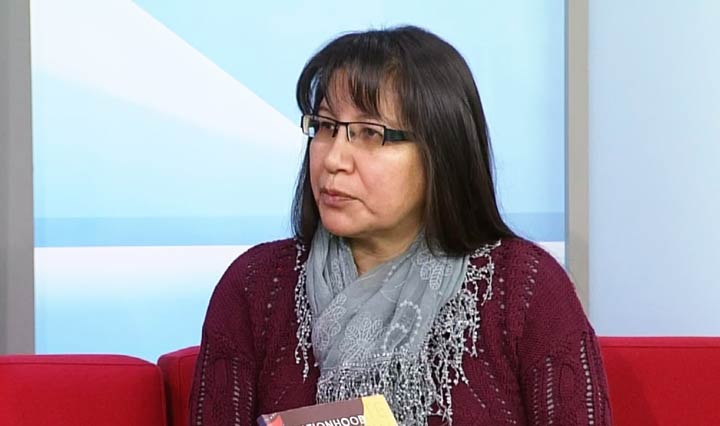A judge has dismissed charges against one of the founders of the Indigenous Idle No More protest movement who was accused of living illegally on Saskatchewan park land.

Sylvia McAdam and her brother Kurtis were to stand trial for failing to comply with a provincial government order to vacate land in the Zig Zag Bay area near the community of Big River.
The Crown has 30 days to appeal the decision.
Court heard that Sylvia McAdam was living on the land for two years before she was ordered to leave early in 2017.
She argued her family had been at Zig Zag Bay for generations and she had a treaty right to live on the land.
McAdam said the court ruling is a relief.
“My family has always lived there,” McAdam said outside court in Prince Albert Wednesday. “For the province to come and create a park there without our consent, in violation of Treaty 6, is problematic.”
Her lawyer, Larry Kowalchuk, said the family hopes to work out an agreement with the government for use of the land.
McAdam said she hopes to be able to live back on the property some day.
“That’s where I grew up,” she said.
WATCH BELOW: FSIN Chief Bobby Cameron reacts to federal and Sask. budgets

Idle No More officials said it was formed in 2012 as a protest against the introduction of a bill by the former Conservative government to change legislation, including the Indian Act, Navigable Waters Protection Act and Environmental Assessment Act.
The group argued that the changes diminished the rights and authority of Indigenous communities while making it easier for governments and businesses to push through projects without strict environmental assessment.

Comments